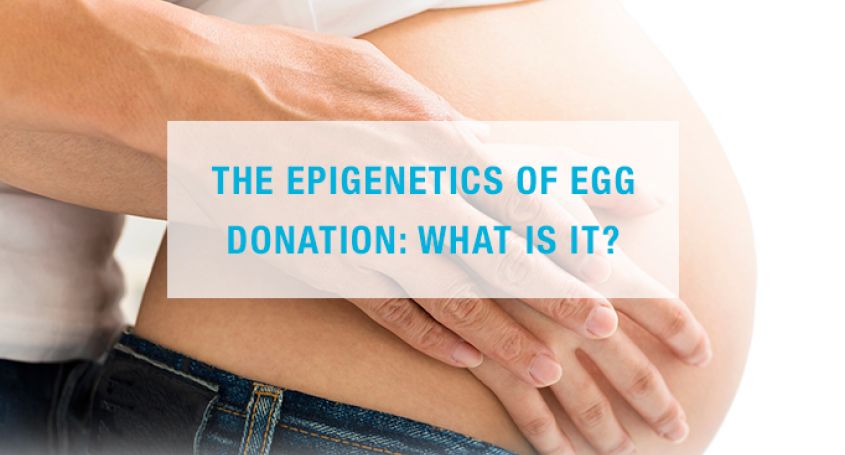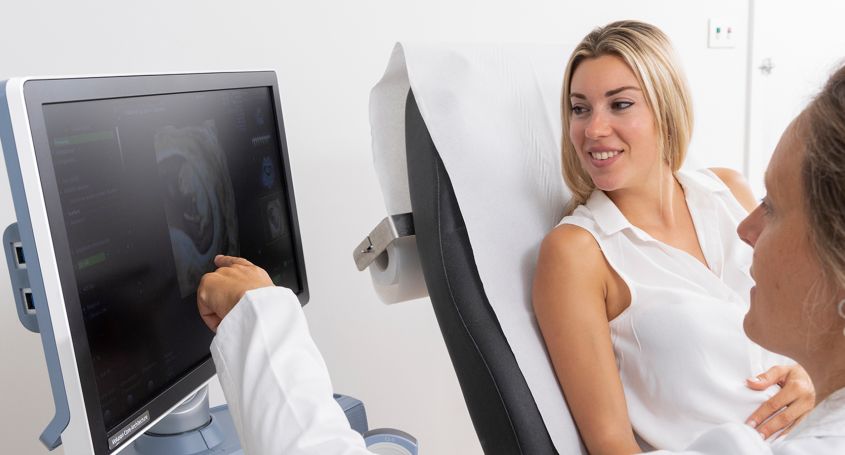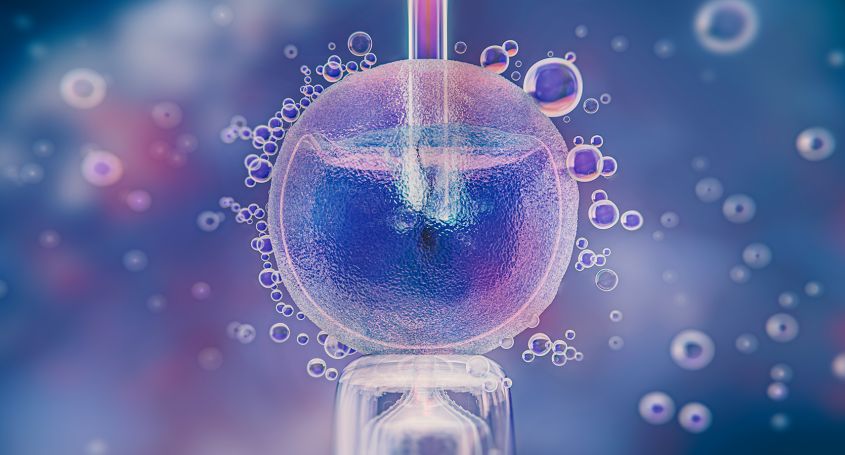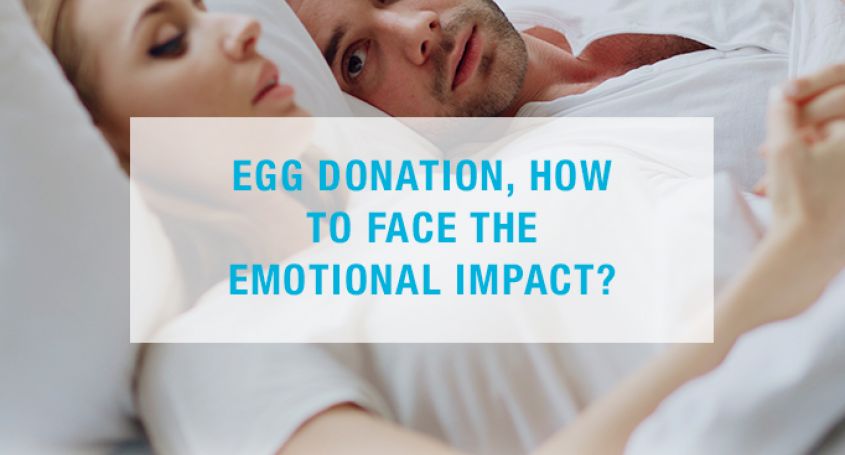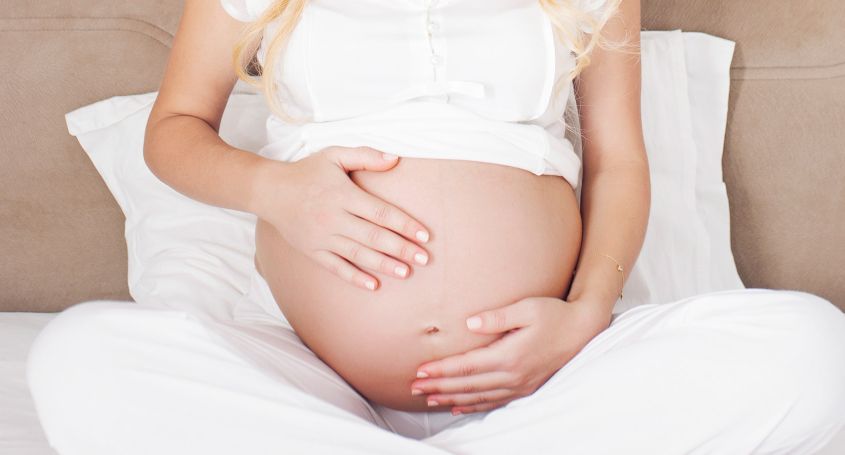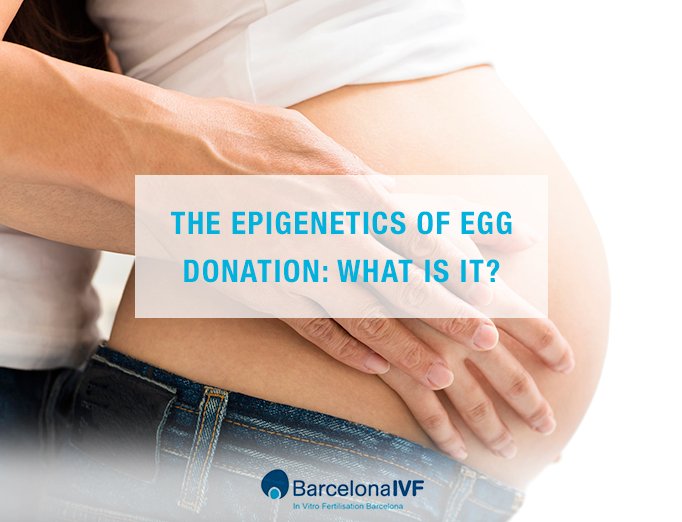 egg donation : what is it? " width="682" height="522">
egg donation : what is it? " width="682" height="522">
It is common that many of the couples who pursuits an egg donation to have children, do not find it easy to accept that their son or daughter will not have their genetic legacy. However, it is important to clarify that even if the baby does not carry the mother's DNA, it doesn`t mean that there will not be similarities in which she can be reflected. This is where what we know as epigenetics becomes a fundamental subject.
What is epigenetics?
Epigenetics is the communication that exists between the embryo and the pregnant mother before the implantation takes place. This communication is what causes changes in the human genome of the future baby.In 2015, the first scientific study was published in the magazine "Development", where it is demonstrated that there is this communication between the embryo and the future mother before its implantation.
In addition, through the epigenetic theory it has also been corroborated that there is an exchange between the embryo and the endometrium, something that was suspected due to the similarity in physical traits between mothers and children, and the possible occurence of the same diseases that the mother suffered during pregnancy, such as obesity or type 2 diabetes.Therefore, the epigenetics of the egg donation brings us the explanation of why many babies born thanks to egg donation resemble their mothers.
Relationship between the pregnant mother and the embryo
During the initial process of the treatment, the pregnant mother secretes small molecules of ribonucleic acid (RNA) into the endometrial fluid, along with other lipids and proteins necessary for the proper nutrition and development of the embryo. It will be at the preimplantation moment, when the embryo acquires the molecules that will be attached to each of the parts of its messenger ribonucleic acid (RNA). This will produce a change in the fetus genetic transcription.
As a result of this process, the baby will carry within its genetic code, the information of the pregnant mother, in addition to the genetic information of the egg donor woman and of the man that provides the sperm. Therefore, we can define a link that occurs not only affectively, but also at a cellular level.
Finally, it is important to highlight that there are many factors that affect the functioning and development of genes, such as food, stress or pollution. So we can deduce that the environment also affects the development and information of the epigenetics. In conclusion, and based on our experience performing this type of reproduction treatments, we can say that there are countless cases of patients in which the mother's features are noticed in their children, despite having resorted to egg donation .
